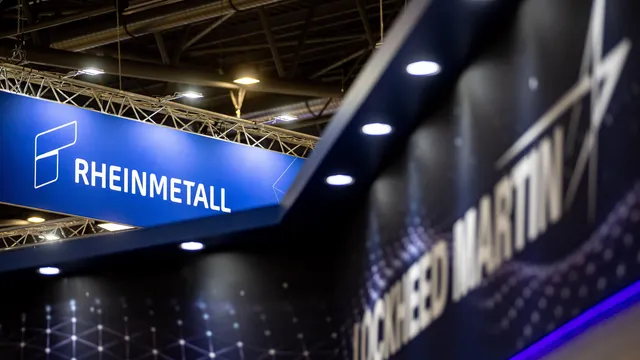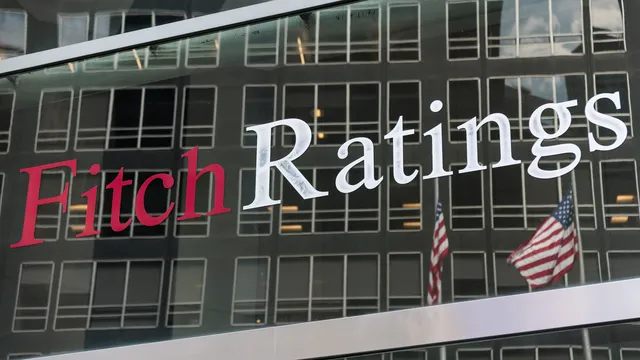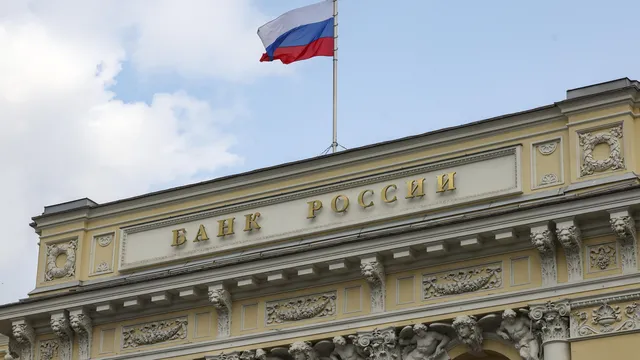This move is the latest step in Rheinmetall's broader strategy to withdraw from civilian sectors that are not core to its business and focus on its rapidly growing defense business.
The company confirmed that a "competitive process" involving several candidates is underway after the German newspaper Handelsblatt reported that One Equity Partners (OEP) was among the interested parties.
Although Rheinmetall declined to comment on specific candidates, it emphasized that all options were being evaluated "with the utmost care." OEP also declined to comment.
CEO Armin Papperger made it clear in May that Power Systems was no longer at the heart of the group's long-term vision.
In the first quarter of 2025, the division reported a decline in sales of almost 7% to €505 million and a sharp drop in operating profit of 70.4% to just €9 million, making it the only segment of the company with lower results.
Rheinmetall's strategic shift is part of a broader trend in Europe: an accelerating transition from civilian vehicle production to defense manufacturing.
Against the backdrop of a severe crisis in the European automotive industry, marked by declining sales, difficulties in the transition to electric vehicles, and global competition, defense manufacturing is emerging as a lifeline.
Major automakers such as Volkswagen, Renault, and Stellantis are cutting jobs and closing plants.
Excess capacity, declining exports, and pressure from Chinese electric vehicle manufacturers have exacerbated the downturn.
In this bleak environment, defense contracts backed by the EU's €800 billion ReArm Europe initiative represent a rare and strategic opportunity for recovery.
Companies such as Rheinmetall are leading the way. The conversion of former car factories in Berlin and Neuss into defense production facilities manufacturing artillery shells and parts for armored vehicles shows how automotive infrastructure and expertise can be effectively repurposed.
Partnerships with suppliers such as ZF and Continental further illustrate this transformation in action.
Meanwhile, plans are being considered to use Volkswagen's idle plant in Osnabrück to produce Rheinmetall's Lynx armored vehicles.
The need for such changes is growing. Analysts warn that companies that adopt a wait-and-see approach could lose lucrative contracts in the defense industry and risk falling behind competitors who act more quickly.
Although the change requires significant operational changes – re-equipping factories, retraining workers, and complying with defense regulations – the long-term benefits could be significant.
Rheinmetall is actively seeking such opportunities outside Germany. During a visit to Bulgaria on March 26, CEO Armin Papperger said that the country "must be part of the European defense industry."
He highlighted the potential of Bulgarian industry to contribute to Europe's defense ecosystem and revealed that Rheinmetall plans to focus its cooperation on the production of gunpowder.
"We are now looking for partners in Bulgaria who want to grow. Our goal is to achieve a turnover of €1 billion per year – this will create thousands of jobs in the country, people will pay taxes, and the company will also generate profits and pay taxes. It's a win-win situation for everyone," said Papperger.
On April 30, Lockheed Martin, a global security and aerospace company, and Rheinmetall agreed to expand their existing cooperation. The two partners signed an extension of their existing Memorandum of Understanding (MoU) from June 2024. | BGNES

 Breaking news
Breaking news
 Europe
Europe
 Bulgaria
Bulgaria







